Serving Fountain Valley and Orange County communities for over 35 years. (714) 343-9294 MICAH STOVALL #DRE01240489 Real Estate
Real Estate Just Listed Today in Fountain Valley CA
-
$575,000
17200 Newhope Street #217
Fountain Valley, CA -
$419,999
17200 Newhope Street #109
Fountain Valley, CA -
$659,990
17168 Newhope #222
Fountain Valley, CA -
$1,435,000
18016 Roch Court
Fountain Valley, CA -
$1,550,000
18021 Roch Court
Fountain Valley, CA -
$1,500,000
9429 El Valle Ave
Fountain Valley, CA -
$1,648,000
8803 Hummingbird Avenue
Fountain Valley, CA -
$755,000
17200 Newhope St #23
Fountain Valley, CA -
$2,295,000
17413 Siena Lane
Fountain Valley, CA -
$2,000,000
11383 Stonecress Avenue
Fountain Valley, CA
Lot Size2.55 ac
Home Size1,040 sqft
Beds2 Beds
Baths2 Baths
Lot SizeN/A
Home Size572 sqft
Beds1 Bed
Baths1 Bath
Lot SizeN/A
Home Size1,112 sqft
Beds2 Beds
Baths2 Baths
Lot Size3,315 sqft
Home Size1,811 sqft
Beds3 Beds
Baths2.5 Baths
Lot Size3,673 sqft
Home Size1,920 sqft
Beds4 Beds
Baths3.5 Baths
Lot Size7,201 sqft
Home Size1,875 sqft
Beds3 Beds
Baths2 Baths
Lot Size7,201 sqft
Home Size1,926 sqft
Beds3 Beds
Baths3 Baths
Lot Size6,277 sqft
Home Size1,680 sqft
Beds2 Beds
Baths2 Baths
Lot Size5,951 sqft
Home Size3,408 sqft
Beds4 Beds
Baths4 Baths
Lot Size6,256 sqft
Home Size2,929 sqft
Beds6 Beds
Baths4.5 Baths
-
Lot Size2.55 ac
Home Size1,040 sqft
Beds2 Beds
Baths2 Baths
-
Lot SizeN/A
Home Size572 sqft
Beds1 Bed
Baths1 Bath
-
Lot SizeN/A
Home Size1,112 sqft
Beds2 Beds
Baths2 Baths
-
Lot Size3,315 sqft
Home Size1,811 sqft
Beds3 Beds
Baths2.5 Baths
-
Lot Size3,673 sqft
Home Size1,920 sqft
Beds4 Beds
Baths3.5 Baths
-
Lot Size7,201 sqft
Home Size1,875 sqft
Beds3 Beds
Baths2 Baths
-
Lot Size7,201 sqft
Home Size1,926 sqft
Beds3 Beds
Baths3 Baths
-
Lot Size6,277 sqft
Home Size1,680 sqft
Beds2 Beds
Baths2 Baths
-
Lot Size5,951 sqft
Home Size3,408 sqft
Beds4 Beds
Baths4 Baths
-
Lot Size6,256 sqft
Home Size2,929 sqft
Beds6 Beds
Baths4.5 Baths
-
$575,000
17200 Newhope Street #217
Fountain Valley CA Real Estate with the Largest Lots
-
$575,000
17200 Newhope Street #217
Fountain Valley, CA -
$419,999
17200 Newhope Street #109
Fountain Valley, CA -
$659,990
17168 Newhope #222
Fountain Valley, CA -
$1,435,000
18016 Roch Court
Fountain Valley, CA -
$1,550,000
18021 Roch Court
Fountain Valley, CA -
$1,500,000
9429 El Valle Ave
Fountain Valley, CA -
$1,648,000
8803 Hummingbird Avenue
Fountain Valley, CA -
$755,000
17200 Newhope St #23
Fountain Valley, CA -
$2,295,000
17413 Siena Lane
Fountain Valley, CA -
$2,000,000
11383 Stonecress Avenue
Fountain Valley, CA
Lot Size2.55 ac
Home Size1,040 sqft
Beds2 Beds
Baths2 Baths
Lot SizeN/A
Home Size572 sqft
Beds1 Bed
Baths1 Bath
Lot SizeN/A
Home Size1,112 sqft
Beds2 Beds
Baths2 Baths
Lot Size3,315 sqft
Home Size1,811 sqft
Beds3 Beds
Baths2.5 Baths
Lot Size3,673 sqft
Home Size1,920 sqft
Beds4 Beds
Baths3.5 Baths
Lot Size7,201 sqft
Home Size1,875 sqft
Beds3 Beds
Baths2 Baths
Lot Size7,201 sqft
Home Size1,926 sqft
Beds3 Beds
Baths3 Baths
Lot Size6,277 sqft
Home Size1,680 sqft
Beds2 Beds
Baths2 Baths
Lot Size5,951 sqft
Home Size3,408 sqft
Beds4 Beds
Baths4 Baths
Lot Size6,256 sqft
Home Size2,929 sqft
Beds6 Beds
Baths4.5 Baths
-
Lot Size2.55 ac
Home Size1,040 sqft
Beds2 Beds
Baths2 Baths
-
Lot SizeN/A
Home Size572 sqft
Beds1 Bed
Baths1 Bath
-
Lot SizeN/A
Home Size1,112 sqft
Beds2 Beds
Baths2 Baths
-
Lot Size3,315 sqft
Home Size1,811 sqft
Beds3 Beds
Baths2.5 Baths
-
Lot Size3,673 sqft
Home Size1,920 sqft
Beds4 Beds
Baths3.5 Baths
-
Lot Size7,201 sqft
Home Size1,875 sqft
Beds3 Beds
Baths2 Baths
-
Lot Size7,201 sqft
Home Size1,926 sqft
Beds3 Beds
Baths3 Baths
-
Lot Size6,277 sqft
Home Size1,680 sqft
Beds2 Beds
Baths2 Baths
-
Lot Size5,951 sqft
Home Size3,408 sqft
Beds4 Beds
Baths4 Baths
-
Lot Size6,256 sqft
Home Size2,929 sqft
Beds6 Beds
Baths4.5 Baths
-
$575,000
17200 Newhope Street #217
Largest Price Reduced Real Estate in Fountain Valley CA
-
$575,000
17200 Newhope Street #217
Fountain Valley, CA -
$419,999
17200 Newhope Street #109
Fountain Valley, CA -
$659,990
17168 Newhope #222
Fountain Valley, CA -
$1,435,000
18016 Roch Court
Fountain Valley, CA -
$1,550,000
18021 Roch Court
Fountain Valley, CA -
$1,500,000
9429 El Valle Ave
Fountain Valley, CA -
$1,648,000
8803 Hummingbird Avenue
Fountain Valley, CA -
$755,000
17200 Newhope St #23
Fountain Valley, CA -
$2,295,000
17413 Siena Lane
Fountain Valley, CA -
$2,000,000
11383 Stonecress Avenue
Fountain Valley, CA
Lot Size2.55 ac
Home Size1,040 sqft
Beds2 Beds
Baths2 Baths
Lot SizeN/A
Home Size572 sqft
Beds1 Bed
Baths1 Bath
Lot SizeN/A
Home Size1,112 sqft
Beds2 Beds
Baths2 Baths
Lot Size3,315 sqft
Home Size1,811 sqft
Beds3 Beds
Baths2.5 Baths
Lot Size3,673 sqft
Home Size1,920 sqft
Beds4 Beds
Baths3.5 Baths
Lot Size7,201 sqft
Home Size1,875 sqft
Beds3 Beds
Baths2 Baths
Lot Size7,201 sqft
Home Size1,926 sqft
Beds3 Beds
Baths3 Baths
Lot Size6,277 sqft
Home Size1,680 sqft
Beds2 Beds
Baths2 Baths
Lot Size5,951 sqft
Home Size3,408 sqft
Beds4 Beds
Baths4 Baths
Lot Size6,256 sqft
Home Size2,929 sqft
Beds6 Beds
Baths4.5 Baths
-
Lot Size2.55 ac
Home Size1,040 sqft
Beds2 Beds
Baths2 Baths
-
Lot SizeN/A
Home Size572 sqft
Beds1 Bed
Baths1 Bath
-
Lot SizeN/A
Home Size1,112 sqft
Beds2 Beds
Baths2 Baths
-
Lot Size3,315 sqft
Home Size1,811 sqft
Beds3 Beds
Baths2.5 Baths
-
Lot Size3,673 sqft
Home Size1,920 sqft
Beds4 Beds
Baths3.5 Baths
-
Lot Size7,201 sqft
Home Size1,875 sqft
Beds3 Beds
Baths2 Baths
-
Lot Size7,201 sqft
Home Size1,926 sqft
Beds3 Beds
Baths3 Baths
-
Lot Size6,277 sqft
Home Size1,680 sqft
Beds2 Beds
Baths2 Baths
-
Lot Size5,951 sqft
Home Size3,408 sqft
Beds4 Beds
Baths4 Baths
-
Lot Size6,256 sqft
Home Size2,929 sqft
Beds6 Beds
Baths4.5 Baths
-
$575,000
17200 Newhope Street #217
Most Expensive Real Estate in Fountain Valley CA
-
$575,000
17200 Newhope Street #217
Fountain Valley, CA -
$419,999
17200 Newhope Street #109
Fountain Valley, CA -
$659,990
17168 Newhope #222
Fountain Valley, CA -
$1,435,000
18016 Roch Court
Fountain Valley, CA -
$1,550,000
18021 Roch Court
Fountain Valley, CA -
$1,500,000
9429 El Valle Ave
Fountain Valley, CA -
$1,648,000
8803 Hummingbird Avenue
Fountain Valley, CA -
$755,000
17200 Newhope St #23
Fountain Valley, CA -
$2,295,000
17413 Siena Lane
Fountain Valley, CA -
$2,000,000
11383 Stonecress Avenue
Fountain Valley, CA
Lot Size2.55 ac
Home Size1,040 sqft
Beds2 Beds
Baths2 Baths
Lot SizeN/A
Home Size572 sqft
Beds1 Bed
Baths1 Bath
Lot SizeN/A
Home Size1,112 sqft
Beds2 Beds
Baths2 Baths
Lot Size3,315 sqft
Home Size1,811 sqft
Beds3 Beds
Baths2.5 Baths
Lot Size3,673 sqft
Home Size1,920 sqft
Beds4 Beds
Baths3.5 Baths
Lot Size7,201 sqft
Home Size1,875 sqft
Beds3 Beds
Baths2 Baths
Lot Size7,201 sqft
Home Size1,926 sqft
Beds3 Beds
Baths3 Baths
Lot Size6,277 sqft
Home Size1,680 sqft
Beds2 Beds
Baths2 Baths
Lot Size5,951 sqft
Home Size3,408 sqft
Beds4 Beds
Baths4 Baths
Lot Size6,256 sqft
Home Size2,929 sqft
Beds6 Beds
Baths4.5 Baths
-
Lot Size2.55 ac
Home Size1,040 sqft
Beds2 Beds
Baths2 Baths
-
Lot SizeN/A
Home Size572 sqft
Beds1 Bed
Baths1 Bath
-
Lot SizeN/A
Home Size1,112 sqft
Beds2 Beds
Baths2 Baths
-
Lot Size3,315 sqft
Home Size1,811 sqft
Beds3 Beds
Baths2.5 Baths
-
Lot Size3,673 sqft
Home Size1,920 sqft
Beds4 Beds
Baths3.5 Baths
-
Lot Size7,201 sqft
Home Size1,875 sqft
Beds3 Beds
Baths2 Baths
-
Lot Size7,201 sqft
Home Size1,926 sqft
Beds3 Beds
Baths3 Baths
-
Lot Size6,277 sqft
Home Size1,680 sqft
Beds2 Beds
Baths2 Baths
-
Lot Size5,951 sqft
Home Size3,408 sqft
Beds4 Beds
Baths4 Baths
-
Lot Size6,256 sqft
Home Size2,929 sqft
Beds6 Beds
Baths4.5 Baths
-
$575,000
17200 Newhope Street #217
Most Square Footage in Fountain Valley CA Real Estate
-
$575,000
17200 Newhope Street #217
Fountain Valley, CA -
$419,999
17200 Newhope Street #109
Fountain Valley, CA -
$659,990
17168 Newhope #222
Fountain Valley, CA -
$1,435,000
18016 Roch Court
Fountain Valley, CA -
$1,550,000
18021 Roch Court
Fountain Valley, CA -
$1,500,000
9429 El Valle Ave
Fountain Valley, CA -
$1,648,000
8803 Hummingbird Avenue
Fountain Valley, CA -
$755,000
17200 Newhope St #23
Fountain Valley, CA -
$2,295,000
17413 Siena Lane
Fountain Valley, CA -
$2,000,000
11383 Stonecress Avenue
Fountain Valley, CA
Lot Size2.55 ac
Home Size1,040 sqft
Beds2 Beds
Baths2 Baths
Lot SizeN/A
Home Size572 sqft
Beds1 Bed
Baths1 Bath
Lot SizeN/A
Home Size1,112 sqft
Beds2 Beds
Baths2 Baths
Lot Size3,315 sqft
Home Size1,811 sqft
Beds3 Beds
Baths2.5 Baths
Lot Size3,673 sqft
Home Size1,920 sqft
Beds4 Beds
Baths3.5 Baths
Lot Size7,201 sqft
Home Size1,875 sqft
Beds3 Beds
Baths2 Baths
Lot Size7,201 sqft
Home Size1,926 sqft
Beds3 Beds
Baths3 Baths
Lot Size6,277 sqft
Home Size1,680 sqft
Beds2 Beds
Baths2 Baths
Lot Size5,951 sqft
Home Size3,408 sqft
Beds4 Beds
Baths4 Baths
Lot Size6,256 sqft
Home Size2,929 sqft
Beds6 Beds
Baths4.5 Baths
-
Lot Size2.55 ac
Home Size1,040 sqft
Beds2 Beds
Baths2 Baths
-
Lot SizeN/A
Home Size572 sqft
Beds1 Bed
Baths1 Bath
-
Lot SizeN/A
Home Size1,112 sqft
Beds2 Beds
Baths2 Baths
-
Lot Size3,315 sqft
Home Size1,811 sqft
Beds3 Beds
Baths2.5 Baths
-
Lot Size3,673 sqft
Home Size1,920 sqft
Beds4 Beds
Baths3.5 Baths
-
Lot Size7,201 sqft
Home Size1,875 sqft
Beds3 Beds
Baths2 Baths
-
Lot Size7,201 sqft
Home Size1,926 sqft
Beds3 Beds
Baths3 Baths
-
Lot Size6,277 sqft
Home Size1,680 sqft
Beds2 Beds
Baths2 Baths
-
Lot Size5,951 sqft
Home Size3,408 sqft
Beds4 Beds
Baths4 Baths
-
Lot Size6,256 sqft
Home Size2,929 sqft
Beds6 Beds
Baths4.5 Baths
-
$575,000
17200 Newhope Street #217
Least Expensive Real Estate in Fountain Valley CA
-
$575,000
17200 Newhope Street #217
Fountain Valley, CA -
$419,999
17200 Newhope Street #109
Fountain Valley, CA -
$659,990
17168 Newhope #222
Fountain Valley, CA -
$1,435,000
18016 Roch Court
Fountain Valley, CA -
$1,550,000
18021 Roch Court
Fountain Valley, CA -
$1,500,000
9429 El Valle Ave
Fountain Valley, CA -
$1,648,000
8803 Hummingbird Avenue
Fountain Valley, CA -
$755,000
17200 Newhope St #23
Fountain Valley, CA -
$2,295,000
17413 Siena Lane
Fountain Valley, CA -
$2,000,000
11383 Stonecress Avenue
Fountain Valley, CA
Lot Size2.55 ac
Home Size1,040 sqft
Beds2 Beds
Baths2 Baths
Lot SizeN/A
Home Size572 sqft
Beds1 Bed
Baths1 Bath
Lot SizeN/A
Home Size1,112 sqft
Beds2 Beds
Baths2 Baths
Lot Size3,315 sqft
Home Size1,811 sqft
Beds3 Beds
Baths2.5 Baths
Lot Size3,673 sqft
Home Size1,920 sqft
Beds4 Beds
Baths3.5 Baths
Lot Size7,201 sqft
Home Size1,875 sqft
Beds3 Beds
Baths2 Baths
Lot Size7,201 sqft
Home Size1,926 sqft
Beds3 Beds
Baths3 Baths
Lot Size6,277 sqft
Home Size1,680 sqft
Beds2 Beds
Baths2 Baths
Lot Size5,951 sqft
Home Size3,408 sqft
Beds4 Beds
Baths4 Baths
Lot Size6,256 sqft
Home Size2,929 sqft
Beds6 Beds
Baths4.5 Baths
-
Lot Size2.55 ac
Home Size1,040 sqft
Beds2 Beds
Baths2 Baths
-
Lot SizeN/A
Home Size572 sqft
Beds1 Bed
Baths1 Bath
-
Lot SizeN/A
Home Size1,112 sqft
Beds2 Beds
Baths2 Baths
-
Lot Size3,315 sqft
Home Size1,811 sqft
Beds3 Beds
Baths2.5 Baths
-
Lot Size3,673 sqft
Home Size1,920 sqft
Beds4 Beds
Baths3.5 Baths
-
Lot Size7,201 sqft
Home Size1,875 sqft
Beds3 Beds
Baths2 Baths
-
Lot Size7,201 sqft
Home Size1,926 sqft
Beds3 Beds
Baths3 Baths
-
Lot Size6,277 sqft
Home Size1,680 sqft
Beds2 Beds
Baths2 Baths
-
Lot Size5,951 sqft
Home Size3,408 sqft
Beds4 Beds
Baths4 Baths
-
Lot Size6,256 sqft
Home Size2,929 sqft
Beds6 Beds
Baths4.5 Baths
-
$575,000
17200 Newhope Street #217
Powered by WordPress. Built on the Thematic Theme Framework. test
Copyright 2025 | Orange County web design


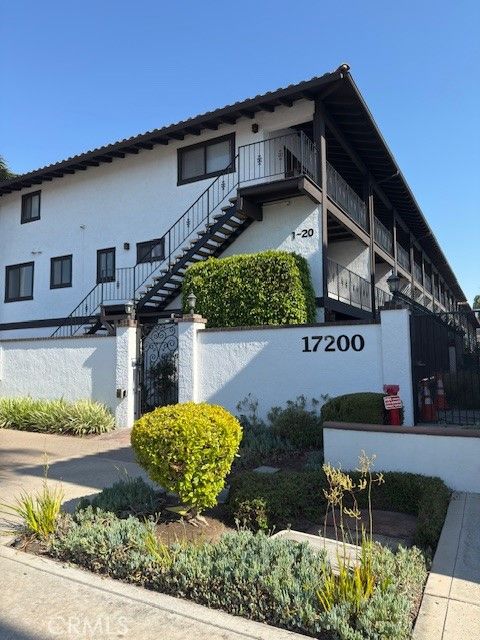
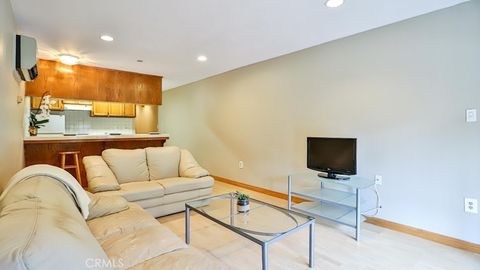
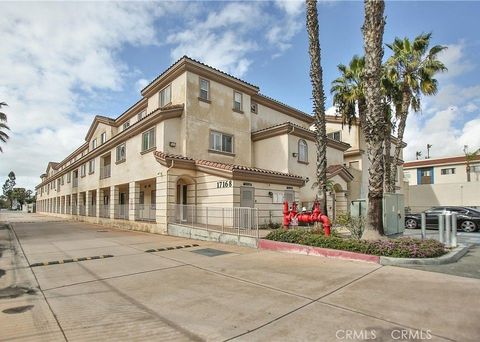
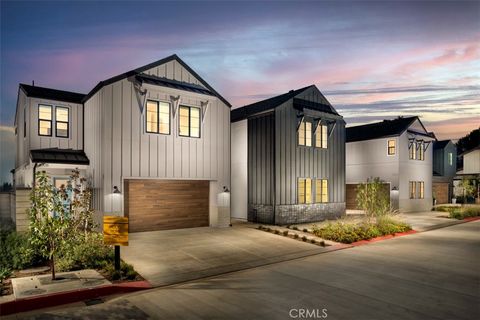
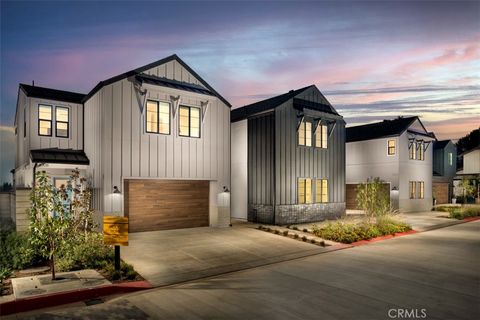
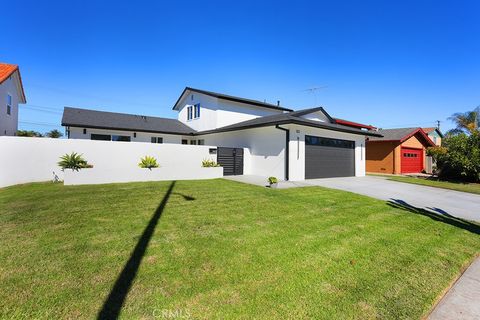
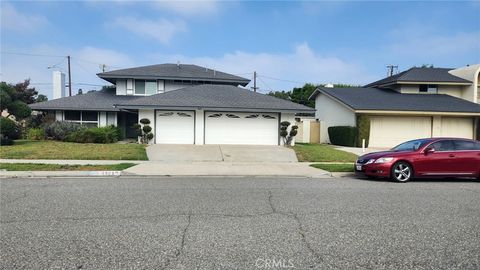

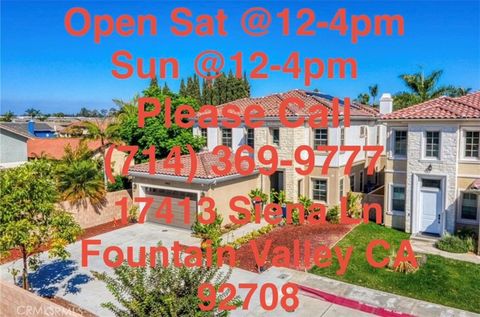
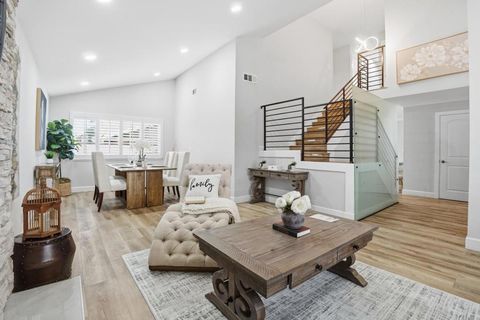
Renting Or Owning, Which Is Better For You?
In a real estate market where home prices are rising, many have begun to reexamine the idea of buying a home, choosing instead, to rent for a while. But often, there is a dilemma: should you keep paying rent, knowing that rent is rising too, or should you lock in your housing cost and buy a home?
Let’s look at both scenarios and analyze the pros and cons of each:
Renting
With the housing market crash in 2008, many homeowners lost their homes and became renters. According to Iproperty Management, “the number of households renting their home … rose from 31.2% of households in 2006 to 36.6% in 2016”.
Some choose to rent because it is more convenient for their lifestyle. Those whose job requires frequent moves need the flexibility that a 6-12 month lease agreement gives them so they can move to their next assignment!
Many renters believe that renting is cheaper because they do not have to pay for maintenance and repairs. (Not true! Landlords work those expenses into your rent and other fees). Another reason many rent is that they feel like they cannot afford the down payment and closing costs required to buy a house, due to their inability to save much after paying their monthly expenses.
That can be true! Nearly 1 in 4 renters spend at least half their household income on rent. In 2017 the “severely” burdened renters’ rate was 24.7% with 24.9% reporting they were “moderately” burdened.
Renting also brings some financial disadvantages. Homeowners can take advantage of tax deductions that let them claim their property taxes and mortgage interest. Additionally, there is a big risk that your rent will go up every time you renew your lease, as we know the median asking rent has been increased steadily since 1988!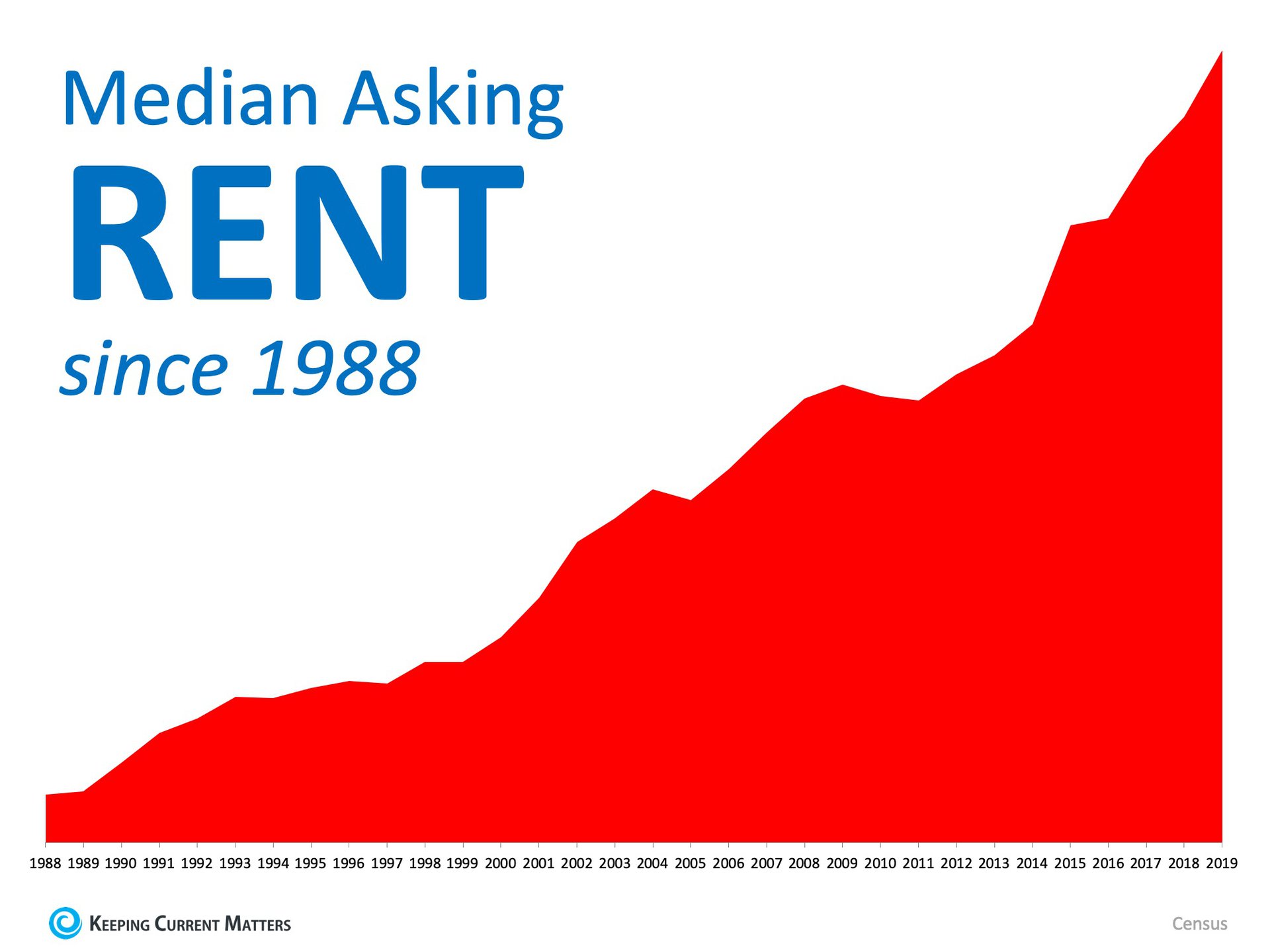
One of the major challenges with renting is that you don’t have a space to call your own. When you rent, you are paying your landlord’s mortgage, and therefore they are the beneficiaries of the equity gained from paying that mortgage.
Now let’s explore the other side: Homeownership
In the past, we have mentioned the many financial and non-financial benefits of becoming a homeowner. So, let’s just focus on the one big difference between renting and owning, the ability to lock in your housing cost!
Assuming you will have a fixed-rate mortgage, your costs are predictable! You will know exactly what your mortgage payment will be for the next 15-30 years. The homeownership rate in 2018 was 64.4%, and has been on the rise. Those households locked in their housing cost rather than wait for their landlord to raise their rent again!
What are the disadvantages of owning a home? Well, it is a long-term financial commitment! It is not easy to pack quickly and move. You will need time and good planning to do it in a short amount of time.
You need to save your money! Getting a mortgage requires a down payment, closing costs, and moving expenses. Again, that will require some saving and planning! Unless you have a homeowner’s association (HOA) (and you pay an HOA fee) or a home warranty, you will be responsible for maintenance and taking care of the home. This may range anywhere from regular landscaping to major repairs.
Bottom Line
Like everything in life, there are pros and cons. What is better for you depends on your situation! If you are interested in becoming a homeowner and want to discuss the pros and cons, contact Stovall Team today at 714.343.9294. We will help you review your current situation!